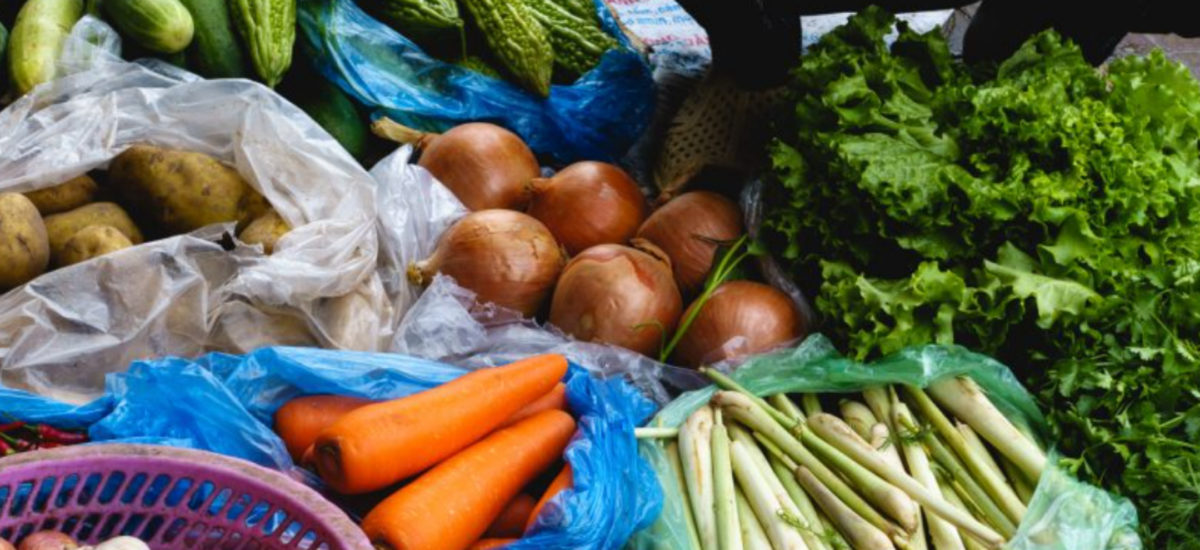Cumin Nature works to dismantle white supremacy in all its iterations, especially in our movement to support sustainable food systems.
Food justice is racial justice.
When we talk about sustainability and eco-conscious living, we have to acknowledge that plant-based diets and sustainability movements originated Black and Indigenous people’s histories.
We have to talk about environmental racism that threatens the health of future generations.
And we have to talk about food apartheid and the disparate health problems in communities of color due to the lack of healthy food access.
Our veganism Is Anti-Racist, Anti-Colonial, & Intersectional.
Let’s unpack what we mean note by note. (And don’t forget to scroll down to our resources page to learn more from the experts).
Our Veganism is Anti-Racist
Veganism supports animal welfare and freedom, and advocates against speciesism, the idea that being human is a good enough reason for human animals to have greater moral rights than non-human animals. However, if you claim to fight for animal liberation, you must fight for human liberation. As a pro-plant based blog, Cumin Nature responds to hate and bigotry with the same vigor with which we react to speciesism — by excising it immediately and unapologetically.
Mainstream veganism tends to overlook vegans of color by excluding them from the dominant discourse. The result is two very distinct and separate vegan cultures often at odds with each other. The truth is that the concept of non-violence in food choice can be traced back to ancient Indian and eastern Mediterranean societies, from the underlying belief that humans should not inflict pain on other animals. In fact, the term “veganism” was only coined in the 1940’s by English advocate Daniel Watson to reflect the Western mainstream concept without recognition of the history and significance of cruelty-free eating in indigenous cultures around the world.
This marginalization results in the perception that veganism is a movement by and for white people, which certainly isn’t the case. Our blog aims to shed light on various plant-based narratives that bring visibility to fighting racist violence as a necessary cause of fighting animal violence.
Our Veganism is Anti-Colonialist
As vegans and vegetarians, our instinct is to fight the meat and dairy industry, whose lobbying power overrides its issues of public health, climate change, obesity and toxic violence. However, it’s important to remember that the fight against the industrialization of meat cannot be substituted with the industrialization of plants – as both concepts are inherently colonialist and imperial by nature. Fighting these industries requires fighting the human oppression that results from industrial outputs, instead of alienating the cause of animal welfare from human welfare.
Secondly, Cumin Nature recognizes that plant-based living does not always mean the eradication of meat from one’s diets, and forcing the narrative that any instance of meat-eating is universally better is a form of colonialism. This does severe damage to the cultural authenticity of Native populations that do not subscribe to the human/animal binary of mainstream veganism, and that honor animal welfare and ecology through the non-industrialized eating of meat. A fight for decolonization is vital in the struggle to dismantle systems of oppression while upholding the ethnic reliance of meat in world history.
Our Veganism is Intersectional
Modern-day veganism is a class war. Vegan restaurants are more likely to exist in upper-class white communities, which already limits exposure and access for low-income communities and communities of color. Cumin Nature believes that a plant-based lifestyle should and can be within reach no matter your zip code, color, or class. We do not only seek to end animal agriculture as it takes the lives of billions of animals every year; we also seek to advocate for farm workers that grow our plant-based foods in conditions that are anything but “cruelty free.”
Resources
We are always striving to learn more about our role in food justice and how to broaden our horizons. Here is a list of reading materials and resources to empower you, too!
- Food Empowerment Project: A non-profit focused on food empowerment and ethical eating, with an eye towards abuse towards animals and workers rights.
- African-American Vegan Starter Guide: A starter guide specifically for African-Americans interested in veganism
- The Sistah Vegan Project: An intersectional feminist blog focused on ethical food practices
- Black Vegans Rock: A blog focused on black vegans that provides a number of resources for those interested in a plant-based diet
- Vegan Voices of Color: A blog focused on the veganism movement and the importance of centering intersectionality


